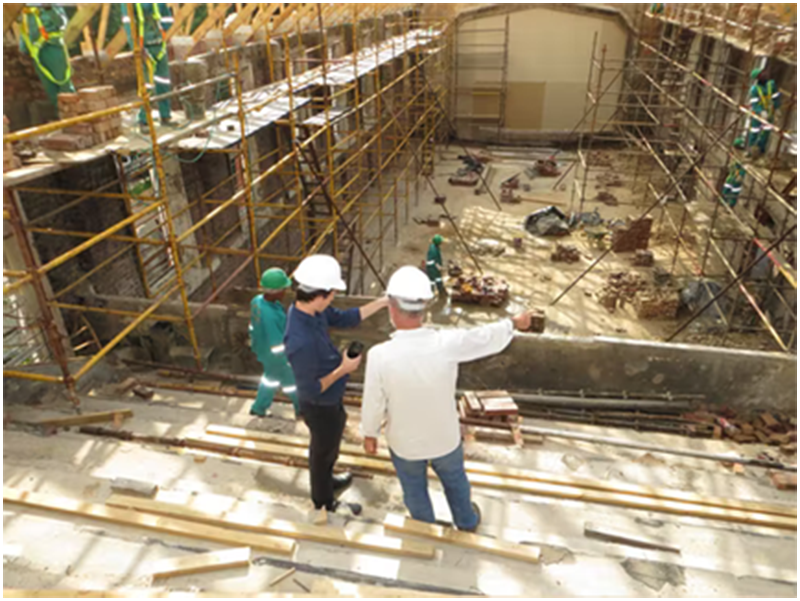If you’re considering a home construction project, one of the first things you’ll need to do is get a construction estimate with up-to-date pricing from specialists such as Materials Market. But what exactly is a construction estimate? How is it different from a quote? And what should you expect the process to entail? This blog post will answer all those questions and more. Keep reading to learn everything you need to know about home construction estimates.
What Is a Construction Estimate?
A construction estimate is a document that provides an approximate cost for a proposed construction project. The estimate is based on a number of factors, including the type and scope of the project, the materials being used, the contractors involved, and the current market rates.
Construction estimates are often confused with quotes, but there’s an important distinction between the two. A quote is a set price for a specific job, whereas an estimate is just that—an estimate. The final cost of a construction project may be higher or lower than the initial estimate, depending on unforeseen circumstances that arise during the course of the job.
For example, if a contractor quotes you a price of £10,000 to build a deck, that’s the set price you’ll pay—barring any unforeseen circumstances, like bad weather or damaged materials. But if they provide you with an estimate of £10,000 for the same job, that means they believe the final cost will fall somewhere in that ballpark. It could be lower if everything goes smoothly, or it could be higher if there are any delays or problems along the way.
Given all this, it’s important to get a few different estimates before proceeding with any construction project—that way, you can have a general idea of what things will cost and can plan accordingly. Once you’ve chosen a contractor to work with, you can then get a more specific quote from them for the actual job. And with any luck, the final cost will be close to their initial estimate.
What Are Estimates Used For?
Construction estimates are used for a variety of purposes. For one, they can help you determine whether or not a proposed construction project is feasible. If the estimated cost of the project is too high, you may need to either adjust your plans or look for ways to cut costs.
In addition, construction estimates can be useful for negotiating with contractors. If you receive an estimate that’s higher than you were expecting, you can use it to bargain for a lower price. Similarly, if you’re comparing estimates from multiple contractors, the lowest estimate may not necessarily be the best deal—you’ll need to factor in the quality of the contractor’s work and their reputation before making a decision.
How Is an Estimate Prepared?
There are several steps involved in preparing a construction estimate. First, the person preparing the estimate will need to sit down with you and get a detailed overview of the project. They’ll ask questions about your vision for the project, what type of materials you want to use, any special features or considerations you have, and so forth. Based on that information, they’ll put together an initial list of materials and labor costs.
Next, they’ll reach out to any contractors who will be involved in the project and get pricing information from them. Once all the necessary information has been gathered, they’ll put together a comprehensive estimate for you to review.
What Should You Expect From The Estimate Process?
The entire process—from initial consultation to final review—should take no more than a week or two at most. If it takes any longer than that, it’s likely that something is wrong with either the person preparing the estimate or the process itself. The final document should be clear and concise, providing you with a detailed breakdown of all expected costs associated with your construction project.
Basic Elements of an Estimate
Every construction estimate should include the following basic elements:
- A description of the project
- The estimated quantity of materials needed
- An itemized list of labor costs
- A grand total for the entire project
In some cases, the estimate may also include information on financing options, payment schedules, and other important details.
Additional Considerations
In addition to the basic elements listed above, there are a few other things you should keep in mind when reviewing a construction estimate. First, make sure that all costs are itemized and that there’s a clear explanation for each one. Second, pay attention to the payment schedule—you don’t want to be stuck with unexpected costs down the line. Finally, don’t hesitate to ask questions if anything is unclear—the person preparing the estimate should be able to provide you with all the information you need to make an informed decision.
